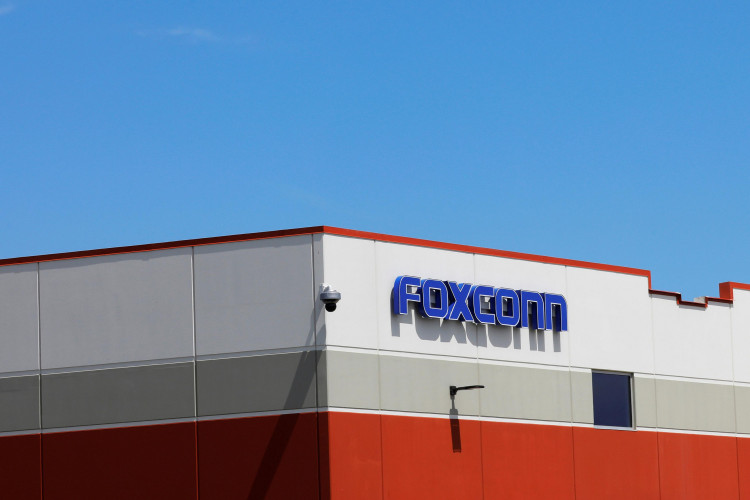Taiwan-based electronics giant, Foxconn's decision to rescind a $19.5 billion chip-making partnership with India's Vedanta marks a notable hitch in Prime Minister Narendra Modi's ambitious plan to transform India into a semiconductor powerhouse. The joint venture was set to establish semiconductor and display manufacturing units in Modi's home state, Gujarat.
Foxconn, in a statement, disclosed that it wouldn't progress with the Vedanta venture, without offering any specifics for this strategic pivot. The company is famed for assembling Apple products, and in recent years, it has made significant strides into the semiconductor sector as a diversification move.
"It was a great semiconductor idea that Vedanta and Foxconn spent over a year trying to materialize," said Foxconn. The two firms have agreed to dissolve the joint venture, with Foxconn's name being withdrawn from the now wholly Vedanta-owned entity.
Foxconn's withdrawal from the joint venture might stem from prolonged delays in obtaining incentive approval from India's government, a source familiar with the situation revealed. This turn of events places a considerable dent in Modi's vision of attracting foreign investors to establish local chip production for the first time.
India's chip-making ambition has encountered several hurdles. Reuters previously reported that talks to involve European chipmaker STMicroelectronics in the Vedanta-Foxconn project had stalled. Despite achieving a technology licensing agreement with STMicro, the Indian government demanded a more considerable commitment, potentially an equity stake, from the European firm. However, STMicro was reluctant to meet this demand, leading to an impasse.
As the country's chip-making industry has faced setbacks, Vedanta maintains its commitment to its semiconductor project. It stated that it had enlisted other partners to set up India's first foundry and emphasized that it was doubling its efforts to realize Modi's vision.
Vice President of research at Counterpoint, Neil Shah, noted that the collapse of the deal poses a setback to the 'Make in India' push and might cause apprehension among other companies.
Despite the setbacks, the Indian government remains bullish on the chip-making project, with Deputy IT Minister Rajeev Chandrasekhar stating that Foxconn's decision has "no impact" on India's plans and that both Foxconn and Vedanta continue to be "valued investors".
India anticipates its semiconductor market will be worth $63 billion by 2026. The country had received three applications for a $10 billion incentive scheme last year, including one from the now-dissolved Vedanta-Foxconn joint venture. Two other plans have also been paused, leaving India's chip-making vision in flux as it re-invites companies for the incentive scheme.






